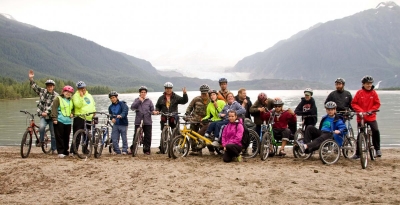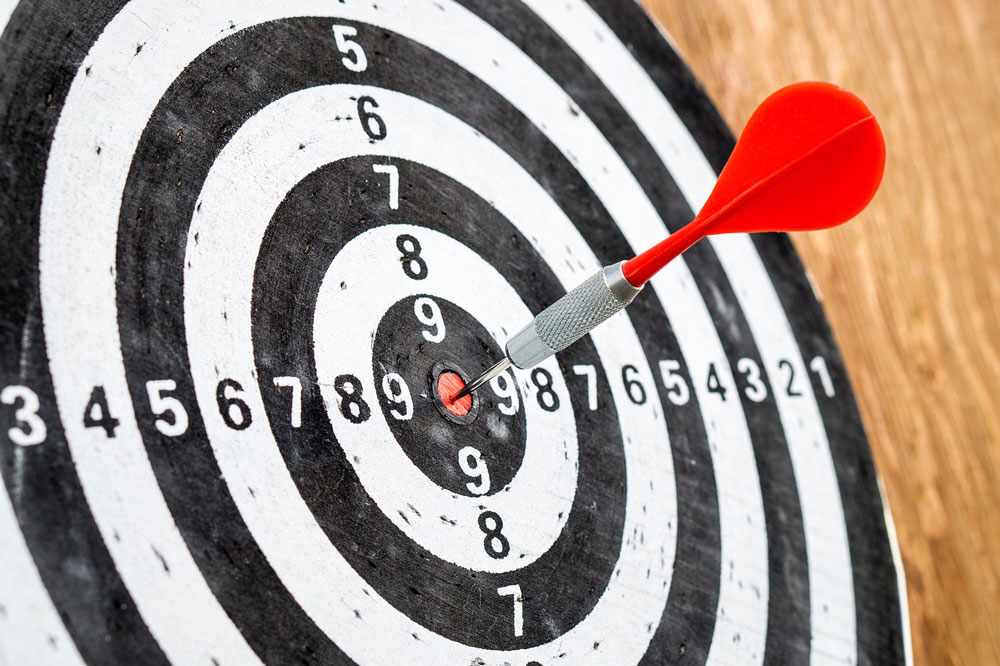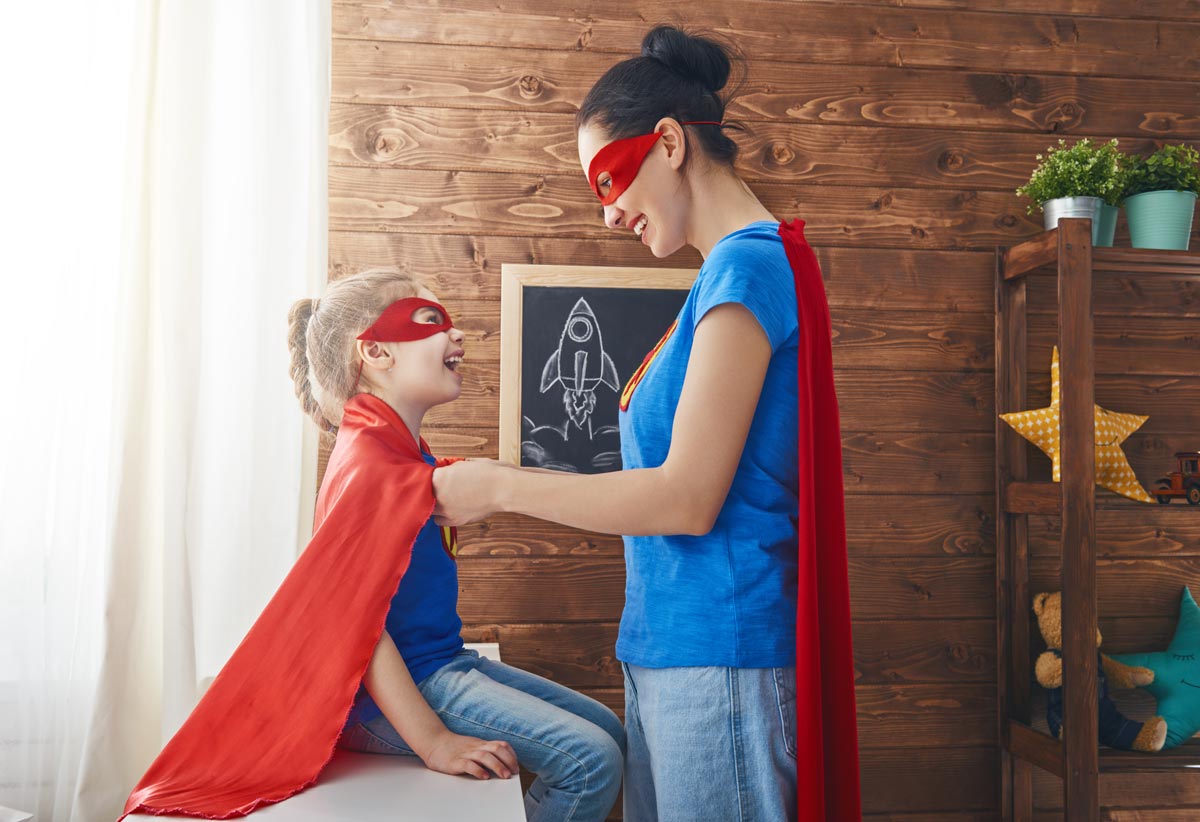All people want to belong in community. Opportunities for children and adults who have a disability, can be far and few between. Some organizations may develop programs in which people can participate, which gets them into community, however, these programs often operate exclusively for people who have a disability and probably do not provide a way to actually be part of community.
Historical thinking about community recreation for people who have a disability has been based on the clinical model. This clinical mindset assumes that the reason for the person’s  inability to be active in community is that the person has the problem, with the problem defined as the disability. In turn, many services have tried to address this issue because it is believed that the disability is the barrier which prevents someone from participating in community recreation.
inability to be active in community is that the person has the problem, with the problem defined as the disability. In turn, many services have tried to address this issue because it is believed that the disability is the barrier which prevents someone from participating in community recreation.
The real barrier to inclusion are the narrow attitudes and perceptions about people who have a disability. Therefore, if we want to cultivate opportunities for all people, we must first change the culture of our thinking. Judgments, assumptions, and attitudes are what we want to change.
Why is this important?
“It has been suggested that social isolation, or the opposite of social inclusion, is responsible for as many deaths per year as is attributed to smoking. The more social capital you have, the healthier you are, the happier you are, the longer you live and the better the outcomes in your life.” (Al Condeluci, Community and Social Capital, 2002)
From a person who has a disability and for their family, inclusive community opportunities are extremely important.
Here are 7 reasons why inclusive recreation is important for everyone:
-
Builds relationships and prevents loneliness; people will have more friends
-
Offers a chance for all people to set goals experience personal achievement
-
Fosters connections for opportunities for social roles such as volunteerism, group membership or employment
-
Enhances physical fitness, positive mental health, happiness and independence
-
Increases sensitivity and understanding to the diversity of humankind
-
Creates a culture where all people are valued
-
Inspires others to take action for change
Professionally or personally, what can you do to facilitate an inclusive opportunity for someone in your community?
~ Lisa







Get Social